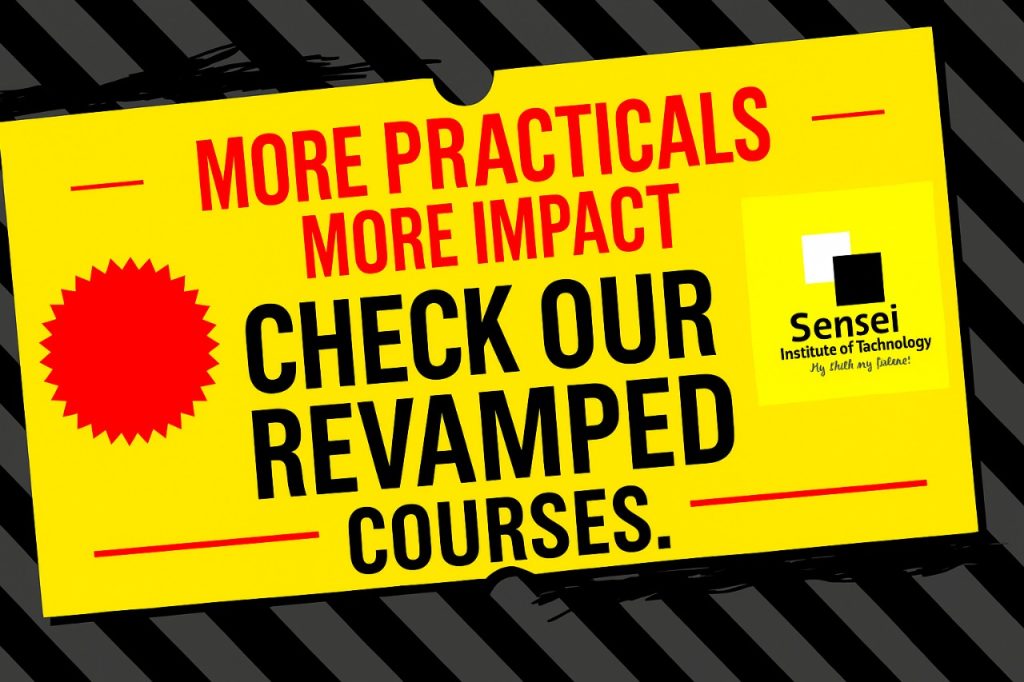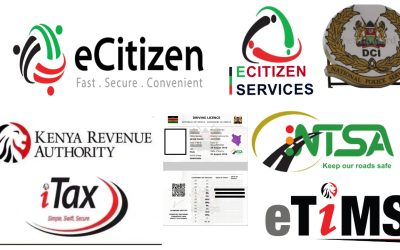
Introduction: The Future of Skills is Micro
In an age defined by rapid technological advancement and changing job markets, traditional long-term training programs are no longer the only route to acquiring relevant career skills. Enter micro-skilling – a modern, agile, and flexible approach to learning that is revolutionizing how individuals prepare for work and entrepreneurship. As Kenya continues to implement the Competency-Based Curriculum (CBC) and reinforce Competency-Based Education and Training (CBET) in the TVET sector, micro-skilling stands out as a powerful tool for equipping youth and adults with targeted, job-ready competencies.
What is Micro-Skilling?
Micro-skilling refers to short, focused learning experiences designed to teach a specific skill or competency in a short period – often days or weeks rather than months or years. Unlike traditional education that aims for broad coverage of topics, micro-skilling zeroes in on the “need-to-know” skills for specific tasks, industries, or technologies.
Micro-skills can be:
- Practical hands-on skills (e.g., welding joints, mobile phone repair, social media marketing)
- Soft skills (e.g., customer service, teamwork, financial literacy)
- Digital and technical skills (e.g., data entry, coding basics, digital content creation)
How Micro-Skilling Aligns with the Competency-Based Curriculum (CBC)
Kenya’s CBC and CBET focus on mastery of competencies rather than time spent in class. Micro-skilling aligns perfectly with this philosophy by allowing learners to:
- Learn at their own pace and build confidence
- Gain certifiable competencies quickly
- Pursue stackable credentials that can lead to full qualifications
- Stay relevant in a fast-changing economy
TVET institutions like Sensei Institute of Technology can integrate micro-skilling by developing modular training units that match market needs. For example, instead of enrolling in a full 2-year electrical engineering course, a learner might first complete micro-skills like “Installation of Solar Panels” or “Basic Home Wiring” and then continue to more advanced units.
Benefits of Micro-Skilling for Learners
- Flexibility: Ideal for working adults, school leavers, and busy entrepreneurs
- Affordability: Short duration means lower cost
- Immediate Application: Skills are practical and job-ready
- Motivation Boost: Quick wins keep learners engaged and confident
- Career Agility: Enables people to pivot careers or upgrade skills quickly
How Institutions Can Adopt Micro-Skilling
TVETs and training centers can incorporate micro-skilling by:
- Designing modular short courses under the CBET framework
- Offering competency assessments and digital badges
- Partnering with industry to define relevant skill clusters
- Embracing e-learning platforms and blended learning
For example, Sensei College might offer micro-skill courses such as:
- “Smartphone Camera Repairs”
- “Introduction to Motorbike Maintenance”
- “Using Canva for Business Promotion”
- “Customer Care for Matatu Conductors”
Micro-Skilling and the Informal Sector
Kenya’s informal sector is vibrant but underserved in structured training. Micro-skilling presents an ideal solution for boda boda operators, jua kali artisans, hairdressers, and other informal workers to upgrade skills without leaving work for long periods. Recognizing prior learning (RPL) and offering micro-credentials can validate their experience and open doors to better-paying opportunities.
The Role of Digital Platforms
Online learning platforms can accelerate micro-skilling adoption. Through mobile phones and online portals, learners can access short videos, interactive modules, and downloadable resources – often at a fraction of the cost. Integrating these with formal TVET offerings increases reach and accessibility.
Conclusion: The Big Impact of Small Skills
Micro-skilling under CBC represents a shift toward learning that is agile, relevant, and inclusive. As Kenya builds a skilled workforce for Vision 2030 and beyond, short-term, competency-driven programs will be crucial in closing the skills gap, especially for youth and underserved communities.
Institutions like Sensei Institute of Technology are well-placed to lead this movement by embedding micro-skilling into their course offerings, innovating in delivery, and partnering with employers to validate and recognize these skills.
Call to Action
Are you ready to learn a new skill in just days or weeks? Contact Sensei Institute of Technology to discover our micro-skilling programs that fit your schedule, budget, and goals. Start small. Grow big. Your future begins with one skill.






